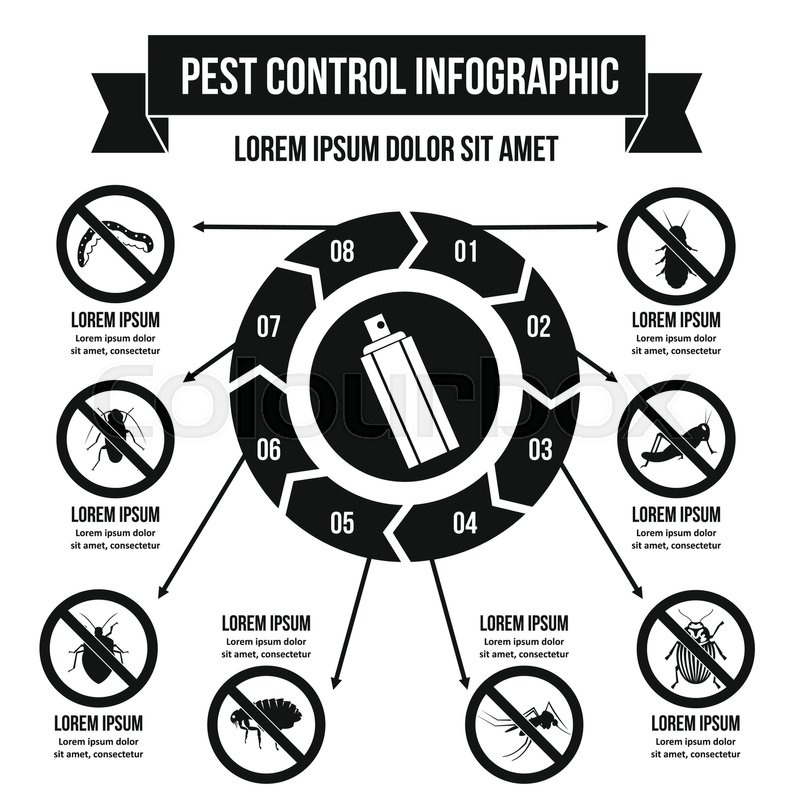Tips For Maintaining Exterior Bugs Away From Your Yard
Tips For Maintaining Exterior Bugs Away From Your Yard
Blog Article
Uploaded By-Gupta Qvist
Picture your yard as a shelter, a location of serenity and elegance. Nonetheless, visit the next website page of exterior insects can promptly disrupt this ideal image. What happens if there were straightforward yet reliable ways to maintain these undesirable site visitors at bay and secure your garden sanctuary? By following a few useful ideas and executing natural strategies, you can produce a harmonious outdoor space where your plants can flourish undisturbed.
Natural Pest Deterrents
To keep insects far from your yard naturally, plant fragrant herbs like mint and lavender. These aromatic plants not only add charm to your yard yet also work as efficient insect deterrents. Bugs like insects, flies, and also some garden-damaging pests are driven away by the solid fragrances emitted by these herbs. Just positioning them purposefully around your yard can assist create an all-natural obstacle versus unwanted parasites.
In addition to mint and lavender, think about planting various other natural herbs like rosemary, basil, and lemongrass to further boost your garden's pest-proofing capacities. These herbs not only serve as natural repellents yet additionally have the added benefit of working in cooking or crafting homemade solutions.
Strategic Plant Positioning
Consider the layout of your yard and the sorts of plants you need to purposefully put them for optimum pest-proofing effectiveness.
Begin by grouping plants with similar resistance to parasites together. By doing this, you can develop an all-natural barrier that deters parasites from spreading throughout your garden.
Additionally, positioning pest-repelling plants like marigolds, lavender, or mint near more vulnerable plants can aid protect them. High plants, such as sunflowers or corn, can function as a guard for shorter plants against insects like bunnies or ground-dwelling pests.
Keep in mind to leave enough area between plants to improve air flow and reduce the danger of diseases that pests might carry.
Additionally, take into consideration growing strong-smelling herbs like rosemary or basil near susceptible plants to perplex insects' senses and make it harder for them to find their targets.
Reliable Bug Control Techniques
For combating garden parasites effectively, applying a multi-faceted insect control method is important. Begin by encouraging https://how-to-remove-rats-from-g39406.mybuzzblog.com/11630120/reveal-the-covert-invaders-past-bed-pests-in-your-house-intimidating-your-area-in-unexpected-methods-stay-informed-to-guard-your-shelter -natural killers like birds, ladybugs, and hoping mantises to aid keep parasite populaces in check. Presenting plants that draw in these advantageous bugs can help in insect control. In addition, practicing great yard health by eliminating particles and weeds where insects could hide can make your garden much less congenial to unwanted visitors.
Take into consideration using physical obstacles such as row cover fabrics or netting to safeguard vulnerable plants from insects like caterpillars and birds. Using dodson pest control like neem oil or insecticidal soap can likewise be effective versus certain bugs while being much less harmful to valuable bugs and the setting. It's critical to rotate your crops each season to stop the accumulation of bug populaces that target specific plants.
Routinely examine your plants for indications of bug damage so you can take action quickly. By incorporating these approaches and staying alert, you can properly control garden bugs and delight in a flourishing, pest-free yard.
Final thought
So, there you have it - with the ideal approaches, you can maintain pesky exterior parasites far from your garden and help your plants prosper.
Did you recognize that growing mint has been shown to push back mosquitoes and other pests, reducing the need for hazardous chemicals by up to 60%?
By integrating natural deterrents and clever growing techniques, you can develop a lovely and pest-resistant garden sanctuary for you to appreciate.
